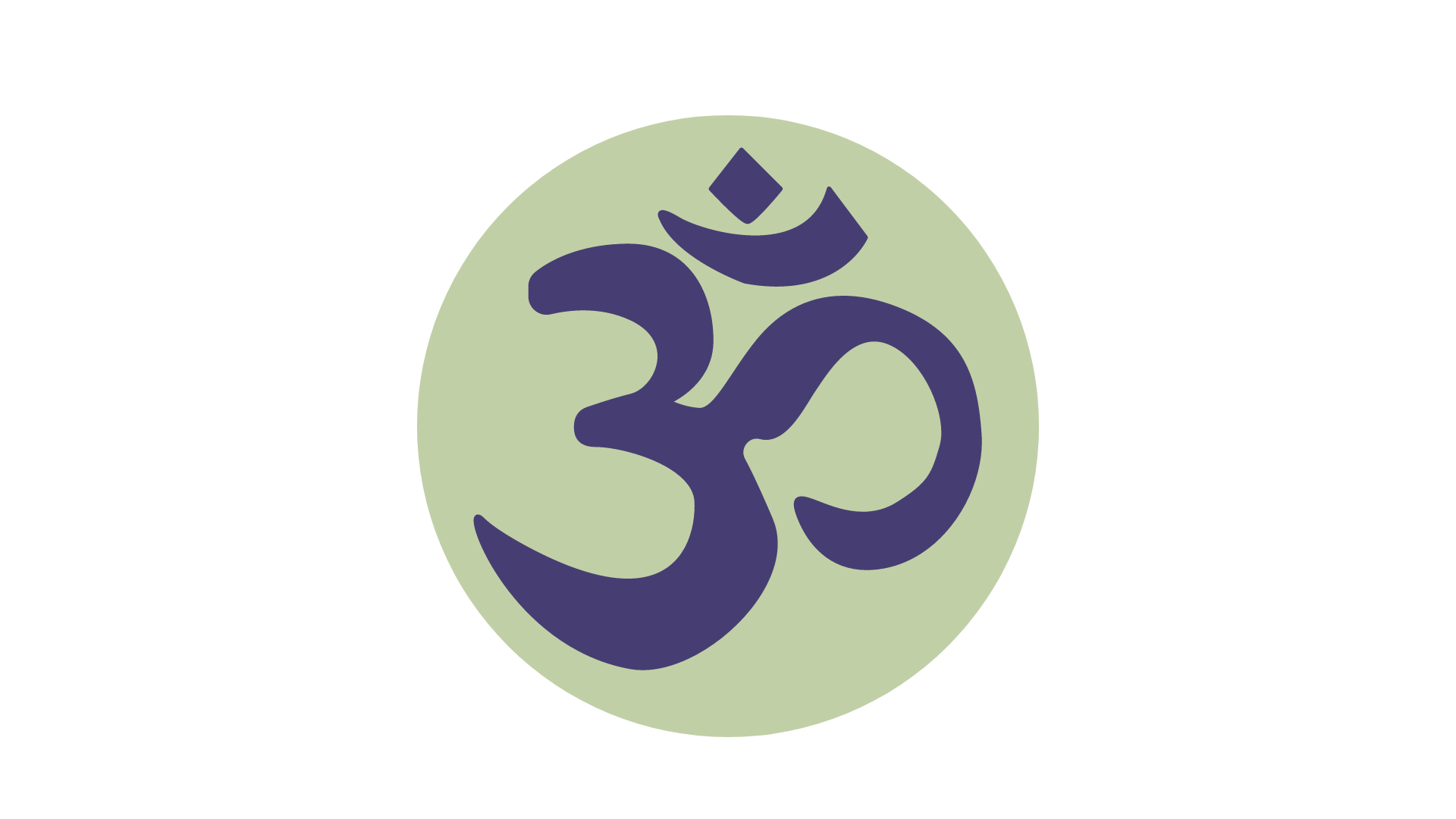Existence is the effect, as life on Earth, with sunlight as the cause.
Sunlight is electromagnetic radiation given to us by the Sun. It includes infrared, visible, and ultraviolet light. Even on the new moon known as Amavasya, Earth is enveloped by the energies of sunlight in the day and the energies of moonlight by night. Filtered through our atmosphere we are able to perceive them with the naked eye.
Simple definitions of Sanskrit terms used in this article:
Amāvásyā - is the lunar phase of the New moon in Sanskrit.
Advaitam or Advaita - non-duality
Agni - Fire
Chandra - the Moon
Deva - means "heavenly, divine, anything of excellence"
Dharma - right way of living (duty, purpose, laws)
Karma - action, word or deed, cause & effect
Moksha - spiritual liberation
Sankalpa - an intention to focus and harmonize the mind and body
Shakti - energy
Icha Shakti - freewill/choice
Jnana Shakti - knowledge
Kriya Shakti - thinking/acting
Surya - the Sun



Light energy from the Sun is converted and used as chemical energy to synthesise carbohydrates as fuel. Photochemical reactions from sunlight lead to the production of the ozone layer. Our skin synthesises vitamin D. Vitamin D is created by the skin from sun exposure. They make the muscles and bones strong.
Plants use the energy of sunlight and, combined with carbon dioxide and water produce simple sugars. This process is known as photosynthesis. These sugars are used as building blocks that allow organisms to live and grow. Existence is the effect, as life on Earth, with sunlight as the cause.
The Sun is the source of life and energy on Earth for our solar system.
The Sun is the source of life and energy on Earth for our solar system. All forms of energy from the Sun - its light and heat energy - are expressed through three devas:
Surya (Sun), Chandra (Moon) and Agni (Fire). The maintenance of our circadian rhythm with time as an energy keeping machine and the synthesis of melatonin are key factors that keep balance in the body-mind-spirit-energy.

Relief Sculpture of Navagraha Devas, 9 anthropomorphic forms of astronomical bodies, Bihar India 10th Century AD, San Diego Museum of Art
Healing is all about adaptability to change. Rigidity is sure death.
Traditional kinds of exposure to sunlight reduce our health suffering from high blood pressure to cardiovascular-related diseases. Health and disease oscillate between stages or cycles of a normal cell, an adapted cell, a diseased cell and a dead cell. When an imbalance occurs, normal cells may begin to show signs of disease. Here is the point to adapt to changes to reverse the damage caused. Awareness is important. The health of one cell affects the health of other cells around it. They always work in tandem and grow, develop together or get damaged together too, one after another. If we are aware and able to catch that point of imbalance and make the required changes, there is scope for healing. Therefore, if one is unaware and unable to adapt to the environment of change in routine, lifestyle or healing methods, then it can move to a stage of disease and death.
Healing is all about adaptability to change. Rigidity is sure death. It is like running at great speed and not knowing how to break a fall, meaning - to interrupt, prevent, or soften one's fall, either physically or figuratively.
Flow is essential in any of these; mental, physical, spiritual or energetic movements.
Awareness is important to know if there is a change of any kind. Next, check resistance. Then adapt. Use this awareness for everything in life. Be it emotions of anger or hopelessness, job loss or effort put in, gain or loss of any kind. Grounding and rooting is necessary to create a valued foundation for the use of money, material gain, and relationships - lack of security causes imbalance.
The gross-body is dominated by biophysical, while the mind-energy-spirit is dominated by the psycho-spiritual in the form of Icha Shakti, Jnana Shakti and Kriya Shakti - freewill / choice, knowledge, thinking / acting - with regard to Karma and Dharma. The coming together of Karma and Dharma expresses through the senses as emotions with cause and effect. Senses as the cause and their indulgence and expressions as the effect.
When imbalance happens, there is something that causes it. The imbalance itself as symptoms expressed as the effect or result of. These include molecules, cells, organisms, ecosystems, environment and energy that causes them to work. Exactly as the inner Self, spirit or soul aka Atma housed in this body - the energy field in a given time and space.
Energies are cyclical in nature.
Much like energy vortexes or whirlpools, like mass binding together from the core outward, like planets or satellites or chakras, Earth and its core energies are cyclical in nature. Like how we make the sweet treat treats like ladoos aka laddus, small and big - everything begins small and grows based on three principles: Karma - action, word or deed, cause & effect, Dharma - the right way of living, Sankalpa - an intention to focus and harmonize the mind and body. If these ladoos of various sizes are ball bearings and their aura’s cause cascading effects of Karma and Sankalpa, we have no escape as these are all recorded within our own subtle system.
Our system is a part of the whole. By looking within and understanding that thou art that, we can emulate the seers - the Rishis and Rishikas. Understanding our interconnectedness opens us to understanding how intelligence works or expresses itself in creation. How nerve cells communicate. How plant cells capture light and transform them into energy. How changes in the DNA of healthy cells can trigger their transformation into diseased cells or damaged cells. How healing occurs. How birds fly. How the fish swim. How land animals breathe air - solving infinite mysteries as known to the conscious expanded human brain is called living Santana Dharma.
Advaitham, non-different, non-dual.

Santana Dharma means that any being recognizes that "thou art that." Because of this knowingness or recognition, they choose to follow a set of ethical guidelines and spiritual practices that allow one to reach a state of spiritual liberation known as Moksha.
Amāvásyā is the lunar phase of the New moon in Sanskrit. Indian calendars use 30 lunar phases, called tithi in India. The dark moon tithi is when the Moon is within the 12 degrees of angular distance between the Sun and Moon before the conjunction. Amāvásyā is often translated as new moon since there is no standard term for the Moon before the conjunction in English.



